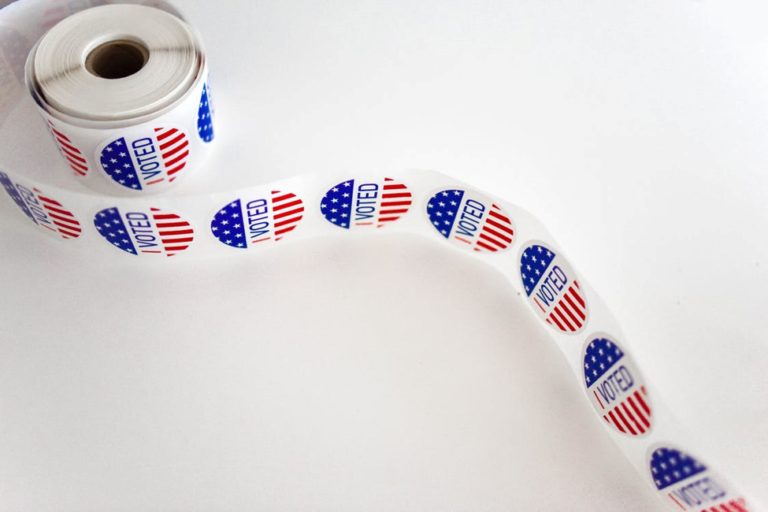Record numbers of women have entered politics since 2016, but there is still an…
Navigating Double Standards for Women of Color Candidates

In 2024, more women of color have stepped up to run for office on multiple levels, in addition to incumbents seeking re-election. This is great news for the possibility of increasing representation for women of color in government, but women of color must expect and guard against the inevitable double standards that surface.
In research published by the Barbara Lee Family Foundation, voters say that race and ethnicity do not impact how qualified a candidate seems, however that doesn’t mean their perceptions can’t be altered by reliable racist and sexist tropes.
Voters say that key things that would encourage them to vote for a Black, Latina, or Asian woman is the candidate’s ability to handle a crisis and get results. The good news is women of color candidates have demonstrated they can do that.
However, what that also means is it is easier to take women of color candidates down when stories surface that demonstrate she can’t handle a crisis or is lackluster in her work. To be clear, these are critiques women often face as leaders, but especially follow Black and Latina women where the critique of being “difficult” plays into the “angry Black women trope” or “spicy Latina” trope. Conversely, studies have shown, Asian women face more skepticism regarding if they can lead at all due to the “subservient Asian woman trope”.
So it is necessary for the teams for women of color candidates to be vigilant against narratives in the media or elevated by opponents with unnamed sources that undermine a woman’s qualifications or job performance, especially for executive roles. These tactics are used because they are damaging to women’s leadership credibility. When situations surface that are crisis level for women candidates, they can overcome it, but only if they are seen authoritatively confronting and handling the situation as opposed to hiding from media or voters. Additionally the strategic use of third party validators to amplify and validate support for a candidate in response to racism or sexism can be very effective.
Given the history of personal and political scandals men have weathered while in public office in the US, they largely able to avoid being discredited in the same way. If we are to elect more women, especially women of color to public office, proactively calling out double standards when we see it as donors, activists, and allied elected officials is the only way to help change the game for women’s political representation. With more women of color in office, voters will see a different definition of what a “leader” looks like, and abandon some of their deeply held stereotypes around women of color in leadership.






